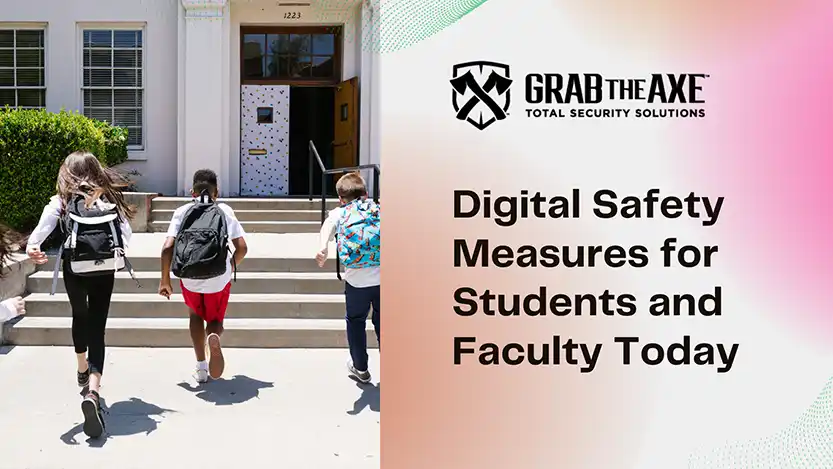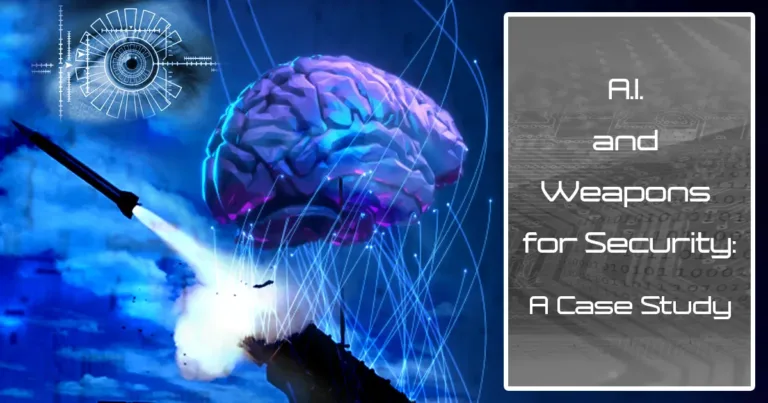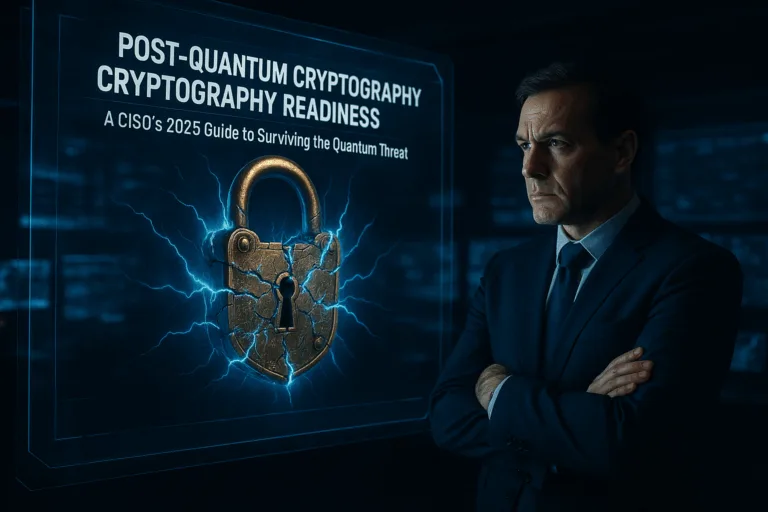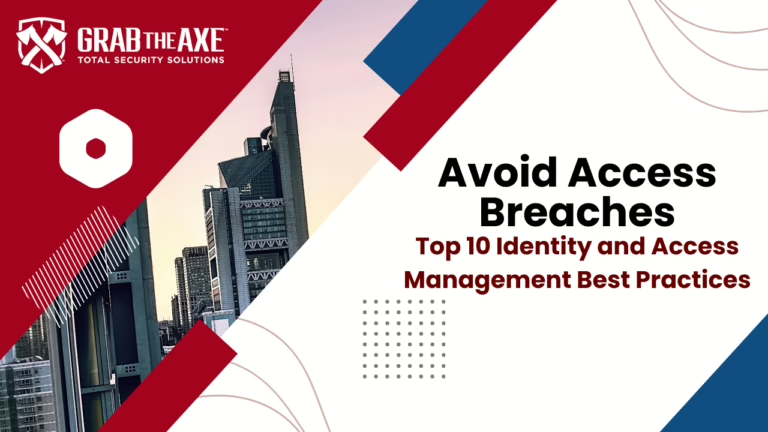School Cybersecurity in Phoenix: Ensuring the Safety of Educational Institutions
In the era of digital education, schools in Phoenix face an increasing number of cybersecurity threats. With the integration of technology in classrooms and the rising use of online learning platforms, the need for robust school cybersecurity measures in Phoenix has never been more critical. This article delves into the significance of school cybersecurity in Phoenix, providing actionable steps to protect student and faculty data while ensuring a safe digital learning environment.
Understanding the Cybersecurity Landscape in Schools
Educational institutions are attractive targets for cybercriminals due to the vast amount of sensitive data they store, including student records, personal identification information (PII), and financial data. The implications of a data breach in a school setting can be severe, affecting not only the institution’s operations but also the safety and privacy of its students and staff. Ensuring effective school cybersecurity in Phoenix is essential to mitigate these risks.
Key Cybersecurity Challenges in Schools:
- Data Breaches: Unauthorized access to student and faculty data can lead to identity theft and other malicious activities.
- Ransomware Attacks: Schools may fall victim to ransomware, which encrypts data and demands a ransom for its release.
- Phishing Attacks: Cybercriminals often target school staff and students with phishing emails to gain access to sensitive information.
- Regulatory Compliance: Adhering to laws and regulations, such as FERPA (Family Educational Rights and Privacy Act), adds another layer of complexity.
Actionable Steps for Enhancing School Cybersecurity in Phoenix
1. Conduct Comprehensive Risk Assessments
- Identify potential vulnerabilities within the school’s IT infrastructure.
- Evaluate the effectiveness of existing security measures.
- Implement improvements based on assessment findings to bolster school cybersecurity in Phoenix.
2. Implement Robust Access Controls
- Use multi-factor authentication (MFA) to ensure only authorized personnel can access sensitive data.
- Regularly update and enforce strong password policies.
- Limit access to data based on the principle of least privilege.
3. Educate Staff and Students on Cybersecurity Best Practices
- Conduct regular training sessions to help staff and students recognize phishing emails and other cyber threats.
- Foster a culture of cybersecurity awareness within the school community.
- Provide clear guidelines on reporting suspicious activities to enhance school cybersecurity in Phoenix.
4. Utilize Advanced Threat Detection and Response Tools
- Invest in cybersecurity tools that offer real-time threat detection and response capabilities.
- Deploy endpoint detection and response (EDR) systems to monitor and protect devices within the school’s network.
- Implement network segmentation to limit the spread of malware and improve school cybersecurity in Phoenix.
5. Ensure Data Encryption and Secure Backup Practices
- Encrypt sensitive data both at rest and in transit to protect it from unauthorized access.
- Regularly back up data and ensure backups are stored securely and tested for integrity.
- Develop and test a disaster recovery plan to ensure data can be restored quickly in the event of an attack, a crucial step for school cybersecurity in Phoenix.
Compliance with Educational Regulations
Adhering to educational regulations is crucial for protecting student data and avoiding legal repercussions. FERPA sets the standard for protecting the privacy of student education records. Compliance with FERPA involves:
- Ensuring the confidentiality, integrity, and availability of student records.
- Identifying and protecting against reasonably anticipated threats to the security or integrity of student data.
- Ensuring compliance by the school’s staff and faculty to maintain robust school cybersecurity in Phoenix.
Case Study: Successful Implementation of Cybersecurity Measures
A Phoenix-based school district recently faced a significant cybersecurity challenge. After conducting a comprehensive risk assessment, the district implemented several key measures, including advanced threat detection systems and regular cybersecurity training for staff and students. As a result, the district successfully thwarted multiple cyberattacks, ensuring the safety of their data and maintaining compliance with FERPA regulations. This success story highlights the importance of school cybersecurity in Phoenix.
Key Takeaways:
- Regular risk assessments and proactive security measures are essential for effective school cybersecurity in Phoenix.
- Strong access controls and cybersecurity education can significantly reduce the risk of cyberattacks.
- Compliance with educational regulations like FERPA is crucial for legal and financial protection.
Conclusion
School cybersecurity in Phoenix is not just about protecting data; it’s about safeguarding the educational environment and ensuring the well-being of students and faculty. By implementing robust cybersecurity measures and maintaining compliance with industry regulations, educational institutions can protect sensitive information and provide a safe, secure learning environment.
For more information on enhancing your school’s cybersecurity, contact Grab The Axe today.
References:
- Family Educational Rights and Privacy Act (FERPA), 20 U.S.C. § 1232g; 34 CFR Part 99.
- Ponemon Institute. (2020). The Impact of Ransomware on Educational Institutions.
- U.S. Department of Education. (2021). Cybersecurity Best Practices for Educational Institutions.
To Learn More:
Maximizing School Campus Security: A Comprehensive Guide for Safer Educational Environments
Physical Security in Government Buildings: Comprehensive Guide to Enhancing






This Post Has 2 Comments
Pingback: Why Phoenix Security Services Must Include Comprehensive Assessments - Grab The Axe
Pingback: Cybersecurity 2024: Why Your Business Might Be the Next Target (and How to Prevent It) - Grab The Axe
Comments are closed.